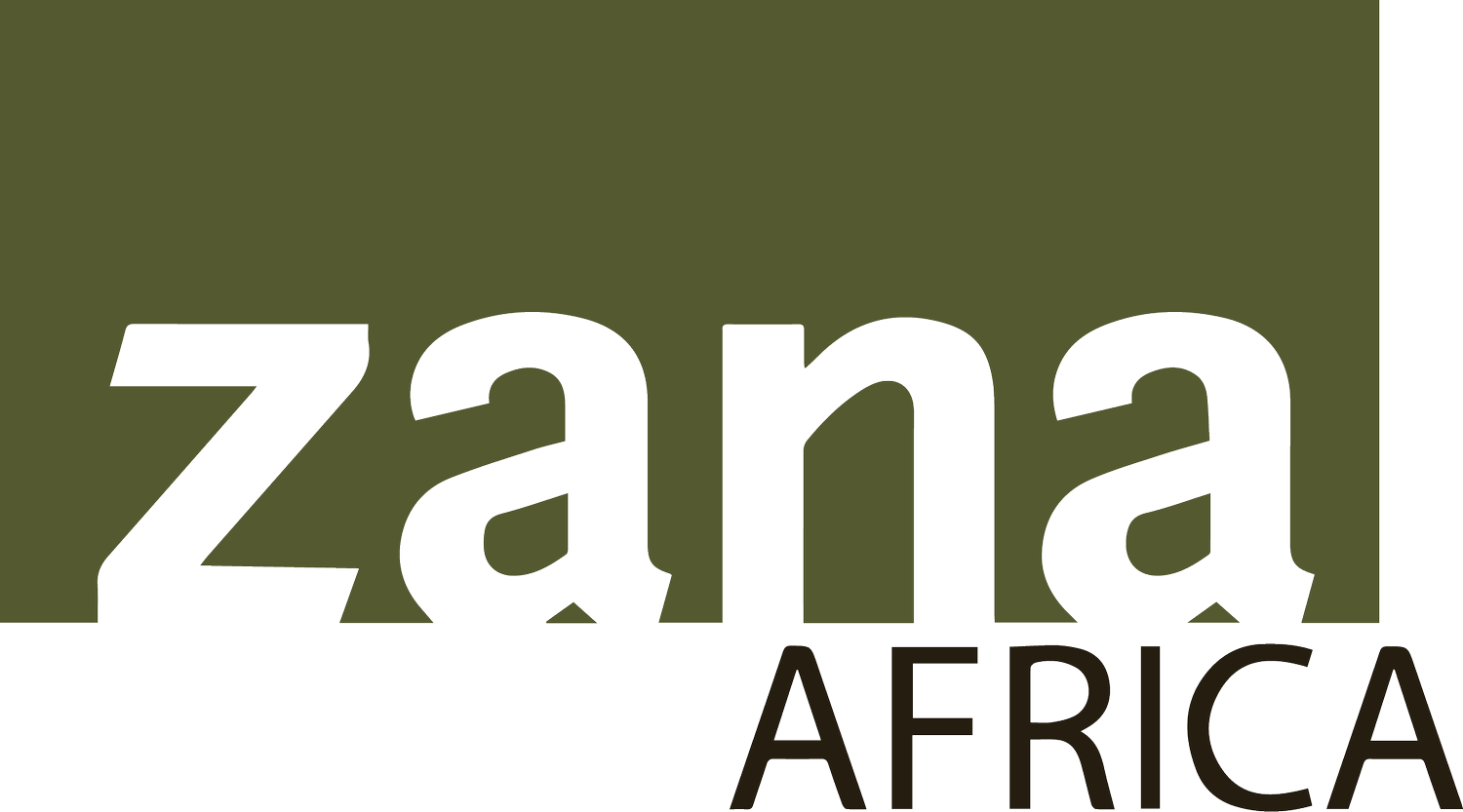
Our History
ZanaAfrica was founded in 2007 by Megan White Mukuria. While working with Kenyan children in 2001, Megan learned that sanitary pads were out of reach for 65% of girls, and that they had no related health care education to support them through the joy and challenges of growing up.
Megan started ZanaAfrica in an effort to expand access to sanitary pads and reproductive health education among marginalized adolescent girls in Kenya.
The urgency of this issue led her to start ZanaAfrica in an effort to expand access to sanitary pads and reproductive health education among marginalized adolescent girls.
ZanaAfrica has provided sanitary pads, underwear, and rights-based reproductive health education to support the education, health, and psychosocial outcomes of over 250,000 girls since its founding.
ZanaAfrica is headquartered in Nairobi, Kenya with offices in New York City and Washington DC. Through our close partnership with our social enterprise arm, ZanaAfrica Group, who develops and manufactures Nia sanitary pads, our global team is working hard to support the next generation of Kenyan girls to have more control over their bodies, decisions, and their futures.
Megan is an Ashoka Fellow, Entrepreneur-in-Residence at the Girl Effect Accelerator and was a GOOD Pioneer of Health for Africa Fellow, and as a PopTech Social Innovation Fellow was featured at their 2016 summit, as seen here.
Our Timeline of Partnerships
2004-2006 | A global first
ZanaAfrica’s Founder Megan White Mukuria, launched the National Sanitary Towels Campaign in 2006 as the then-Incoming present of the Rotary Club of Nairobi South. In partnership with the first-ever Gender Officer in the Ministry of Education, Girl Child Network, and other NGOs, this was the first known effort to put menstruation on the map with governments globally, and built on the important 2004 work of female Ministers of Parliament to waive VAT for pads—a global first.
2008 | Girl-centered policy
Megan helped to subsequently found the National Sanitary Towels Coordinating Committee in 2008, which was instrumental in supporting girl-centered policy, and was retired when pads were written into government budgets.
2015-2020 | Presidential recognition
Kenya continued to lead the way in crafting the first National Menstrual Hygiene Policy and Strategy, begun in 2015 and completed and launched in 2020. ZanaAfrica was on the technical working group for this initiative and acknowledged for its contributions. Our work was also profiled as a best practice in Promises to Keep, a July 2021 report on the impact of COVID on adolescents commissioned by the Executive Office of the President of Kenya. The report highlighted the need for our intersectional programs.
2019-Today | The Nia Program
The Nia Program was developed in close collaboration with the Kenya Ministry of Education, Science, and Technology (MoEST), the Kenya Ministry of Health (MOH), and the Kilifi County government. ZanaAfrica trained 40 Teachers Service Commission (TSC) teachers and 3 curriculum support officers in Western Kenya on this program in 2019 through our partnership with World Vision. This helped us to discover a key unmet need for teachers: processing their own past and present trauma so they can step up to be the support for teens that they want to be. We appreciate the ongoing contributions of the Beacon Teachers Movement to our work; this nationwide network of 5,000+ teachers is formally trained in child protection and strong advocates of rights-based education in schools. In November 2022, ZanaAfrica signed a Memorandum of Understanding with the Kenya Institute of Curriculum Development to expand the Nia Program to reach teachers across Kenya.

